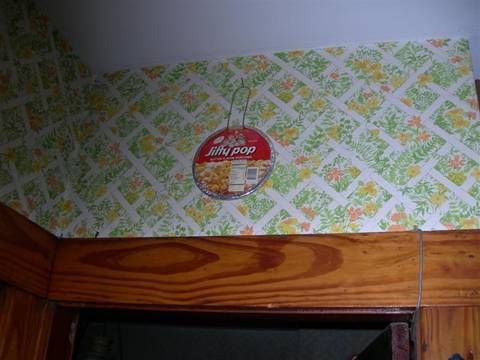Originally posted by DavidE
When a detector beeps a battery to death I'm afraid I won't catch it. The things are supposed to be mounted up high, and the Kidde unit I looked at
has a huge push-to-test button on the bottom, and the 9-volt backup battery can be changed without removing the detector from the ceiling. I like the
idea of using a broom or mop handle to push the big button to test it.
Propane and butane are significantly heavier than air, so expecting a ceiling mounted detector to function correctly seems a little optimistic.
I think a better option is for me to purchase a CO detector and put it somewhere where there are a lot of gas valves to leak, like the kitchen.
|





